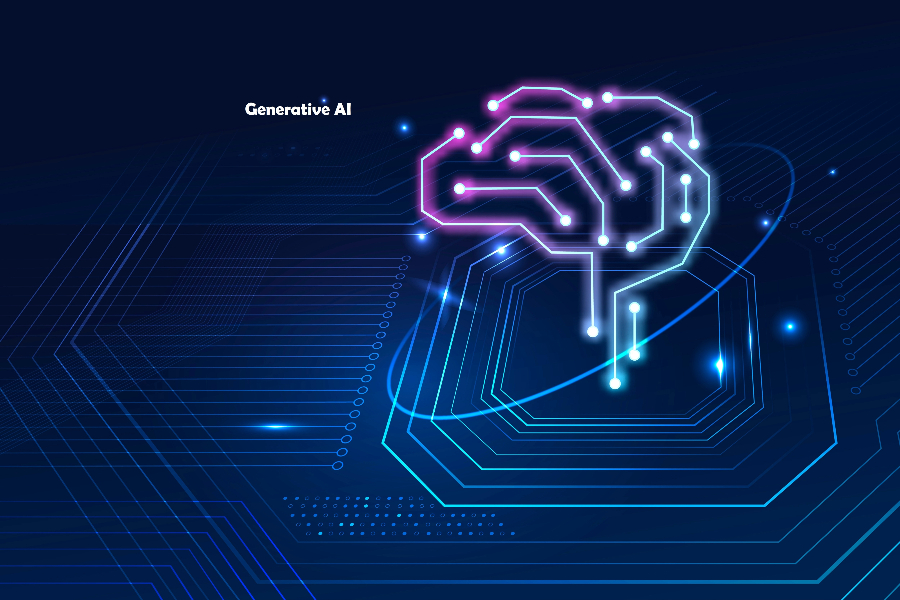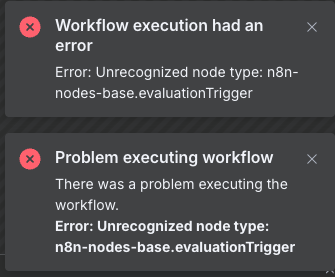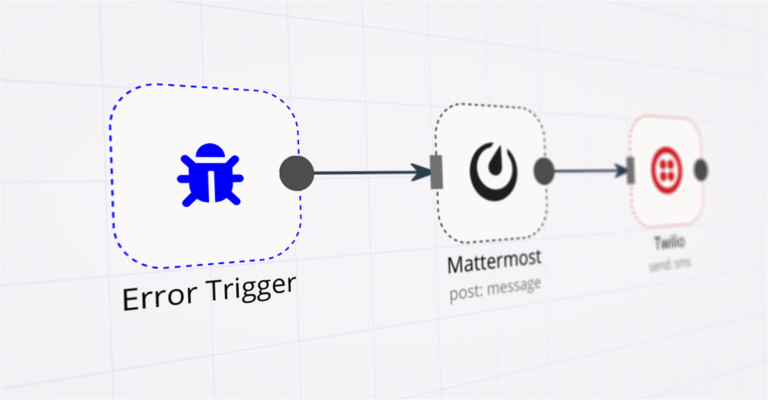
Artificial Intelligence (AI) has become an integral part of our lives, with its applications ranging from voice assistants to autonomous vehicles. As the technology continues to evolve, Google Cloud’s Vertex AI has emerged as a powerful platform for accelerating the development and deployment of AI models. In this article, we will explore the future of AI and the impacts of Vertex AI on various industries.
What is Vertex AI?
Vertex AI is a managed machine learning (ML) platform that enables organizations to build, deploy, and manage ML models at scale. It offers a unified environment for data scientists and ML engineers to collaborate and develop state-of-the-art AI solutions. Vertex AI provides built-in tools for building custom ML models, as well as pre-trained models for common use cases such as image recognition, language translation, and more.
The Future of AI with Vertex AI
With the advancements in AI technologies, Vertex AI is poised to play a pivotal role in shaping the future of AI. The platform’s capabilities for automating and optimizing the ML lifecycle, from data preprocessing to model deployment, will streamline the development process and enable organizations to bring AI solutions to market faster.
Impacts of Vertex AI
The adoption of Vertex AI is expected to have far-reaching impacts on various industries. In healthcare, for example, the platform’s ability to analyze medical imaging data and identify anomalies could lead to more accurate diagnoses and personalized treatment plans. In finance, Vertex AI can be used to detect fraudulent transactions and optimize risk management strategies. Similarly, in manufacturing, the platform’s predictive maintenance capabilities can help reduce downtime and improve equipment reliability.
Challenges and Opportunities
While Vertex AI presents immense opportunities for organizations to harness the power of AI, it also comes with its own set of challenges. One of the key challenges is ensuring the ethical and responsible use of AI, particularly in sensitive domains such as healthcare and finance. It is crucial for organizations to adhere to ethical guidelines and regulations while developing and deploying AI models. Additionally, the increasing complexity of AI models and the need for specialized skills could pose challenges for businesses seeking to leverage Vertex AI.
Conclusion
As we look ahead, it is evident that AI technology, particularly with platforms like Vertex AI, will continue to transform the way we live and work. The impacts of AI on various industries are substantial, and it is essential for organizations to embrace this technology and harness its potential while addressing the associated challenges. With its advanced capabilities for developing and deploying AI models, Vertex AI is poised to drive significant innovation and create new opportunities for businesses across the globe.





